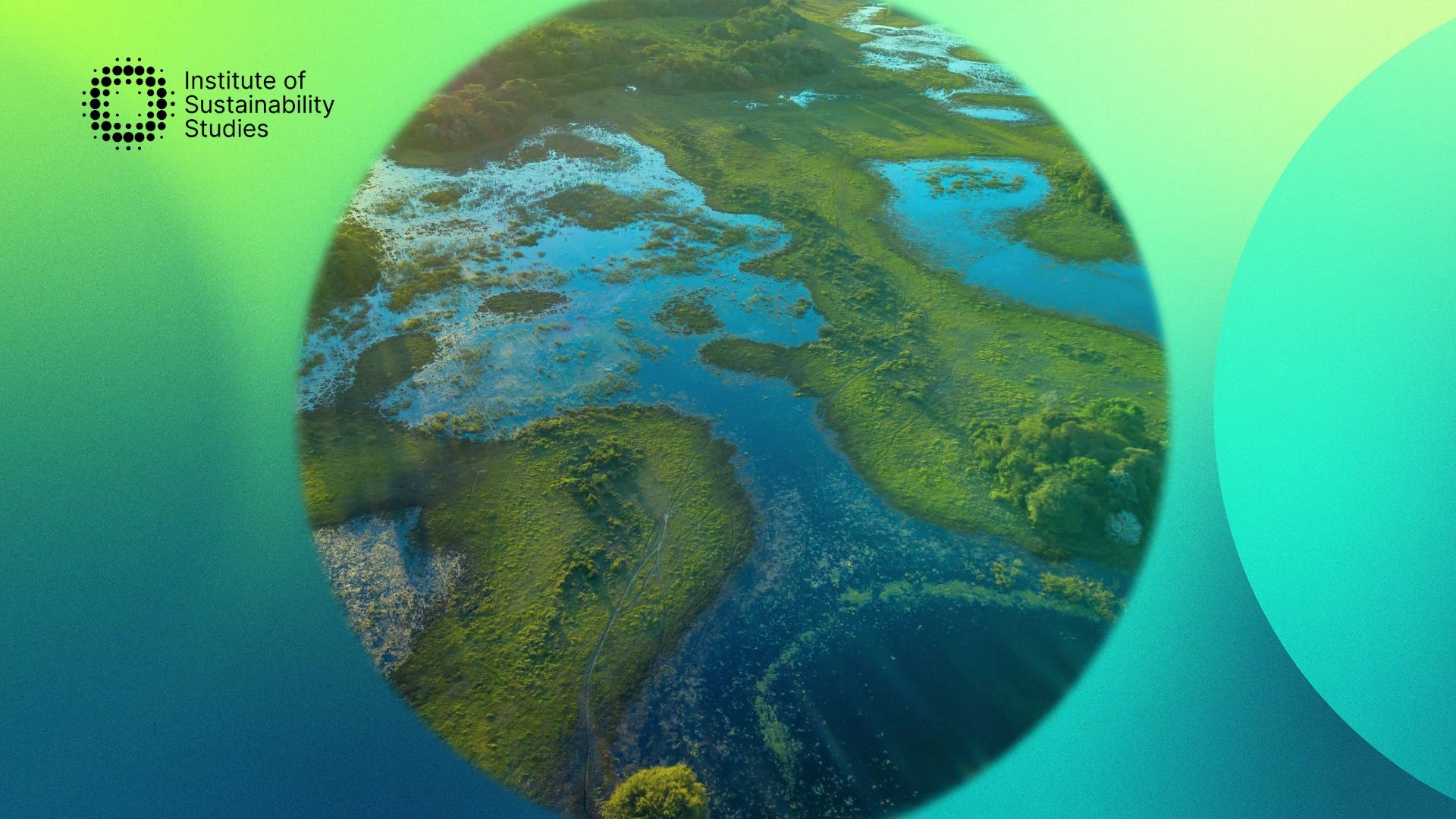The World Counts reports that tourism contributes to over 5 percent of worldwide greenhouse gas emissions, with transportation making up 90 percent of this. Business sustainability strategies in tourism are vital to balance benefits to communities against environmental impacts. According to Booking.com, more than half (53 percent) of worldwide travellers want to travel more sustainably in the future. Sustainable travel is one concept that enables us to reap the benefits whilst reducing the negative effects of the tourism industry on the planet. Keep reading to learn what is meant by sustainable travel and how you can be more eco-conscious when travelling overseas.
What is sustainable travel?
If you’ve ever wondered, what sustainable travel means, it refers to travel that seeks to conserve the planet while improving the economic and social conditions for the local people. It is a concept that looks to promote long-term practices that assist to support the preservation of ecosystems and the traditional culture of a region. It places a lot of emphasis on education for both the community and visitors.
Often used simultaneously, sustainable travel is broader than ecotourism as it applies to any travel destination or approach, not just destinations that place importance on the environment. Ecotourism, by contrast, focuses primarily on flora, fauna, and cultural heritage indigenous to a place. Tourism is a significant worldwide industry.
You may lead a sustainable lifestyle at home but forget about the importance and impact of your choices when travelling overseas. There are a lot of positive effects of tourism, but naturally, there are negative ones. For instance, over-tourism, waste management, resource scarcity, and aggressive development. Having too many tourists visiting a destination at once can place a big strain on resources and society.
Additionally, rapid construction in destinations that do not consider resource use, the planet, or urban planning can have a detrimental effect on the environment. Excessive waste from tourists can cause pollution, and preferential treatment for visitors surrounding resources like water, electricity, and food can deny local communities of essential resources.
Why is sustainable travel important?
Sustainable travelling is very important as it aims to reduce the negative effects of tourism while boosting the benefits. Some of these include protecting natural environments and animal welfare and managing tourist numbers and activities. Additionally, raising awareness of environmental problems, enabling visitors to see the destination they are visiting for what it is, and benefiting local businesses and communities.
What makes travel sustainable?
Now that you understand what is meant by sustainable travel, you are probably wondering what makes travel more environmentally friendly. To travel more sustainably, you need to be mindful of your use of plastic items, specifically single-use plastics. You should consider alternatives like reusable water bottles, straws, and recyclable options.
Another important element of sustainable travel is transportation. In other words, utilising public transport over using a rental car can greatly reduce your travel carbon footprint. You can reduce this even further by renting a bike or walking when the sights are closer. Another big element of sustainable transport is choosing where to stay.
Sustainable travel places a big focus on local communities and ensuring your money goes back into the local economy. Therefore, choosing independently operated, local accommodations or hotels over an international hotel chain can help you travel more sustainably. Finally, engaging in green or environmentally friendly activities the destination offers is a big part of eco-travel.
Summary
Travel connects us to the world’s natural beauty and cultural diversity—but with that privilege comes responsibility. Sustainable travel allows us to explore while preserving ecosystems and uplifting local communities. By making conscious choices, we can reduce tourism’s environmental toll and ensure these destinations thrive for future generations.
For professionals looking to integrate responsible travel and environmental awareness into their business practices, our online corporate compliance training offers the knowledge and tools to support ethical and sustainable operations across global teams. Enrol today to lead with integrity.










